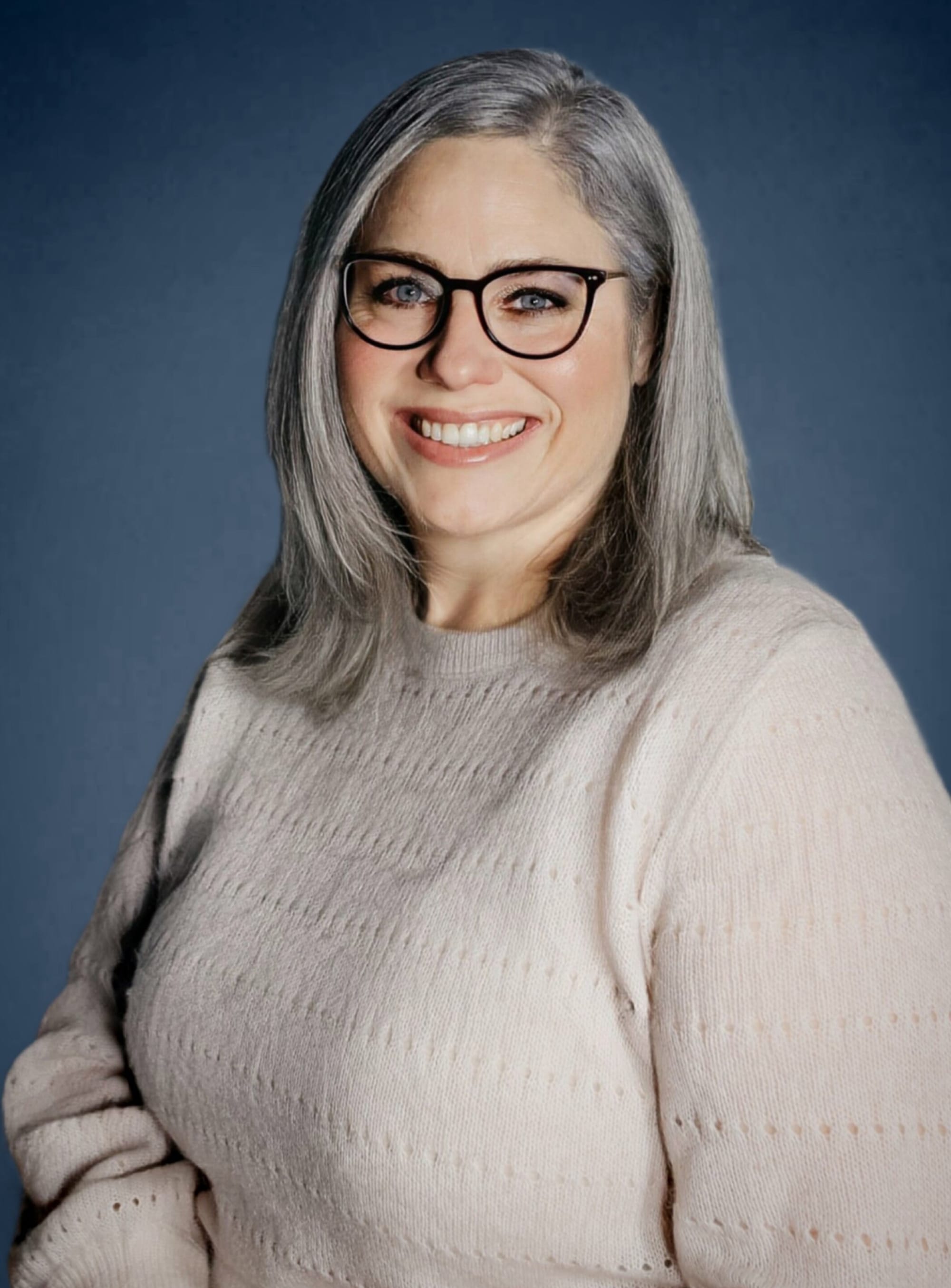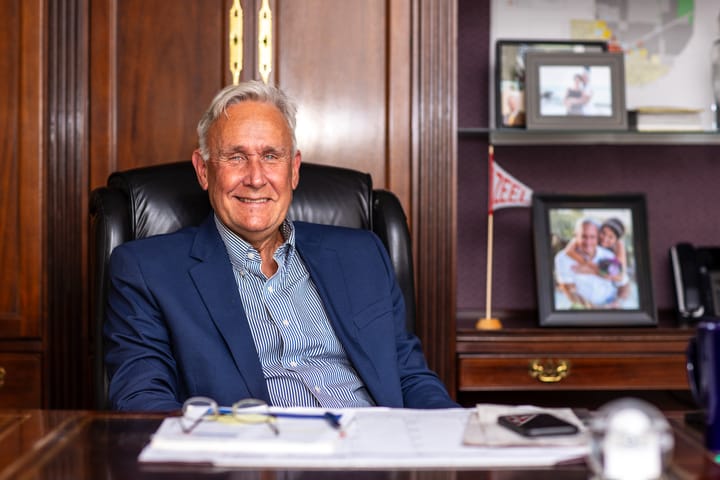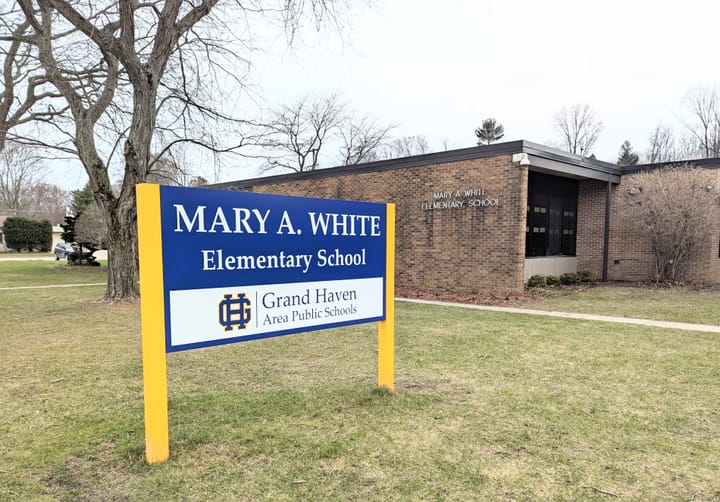Sentinel makes argument for court to release $4M settlement sealed testimony
On Friday, Jan. 3, The Holland Sentinel through its attorney Joseph Richotte, submitted a brief to the Michigan Court of Appeals asking the court to reverse a circuit court decision made on Jan. 19, 2024.

LANSING — The Michigan Court of Appeals is inching closer to a decision on whether to unseal testimony regarding a $4 million settlement Ottawa County made with its health officer in late 2023.
On Friday, Jan. 3, The Holland Sentinel through its attorney Joseph Richotte, submitted a brief to the Michigan Court of Appeals asking the court to reverse a circuit court decision made on Jan. 19, 2024.
Read More: Appeals court to consider unsealing $4M closed session testimony from Ottawa clerk
In that earlier decision, 14th Circuit Court Judge Jenny McNeill closed her courtroom to hear testimony from Ottawa County Clerk Justin Roebuck regarding a closed session by the Ottawa County Board of Commissioners on Nov. 6, 2023.
How it started
Ottawa County Administrative Health Officer Adeline Hambley sued the county board of commissioners in February 2023, claiming an attempt to demote her the previous month was unlawful and alleged the then-Ottawa Impact majority — a far-right fundamentalist group that assumed a board majority in 2023-4 — repeatedly interfered with her state-authorized health duties.

Despite Hambley settling her lawsuit with the county on Feb. 26 of this year — with her remaining in her job and the county paying for her $188,000 in legal fees — details of the closed session discussing the failed $4 million agreement have never been made public by the board or the courts.
Roebuck, along with four non-OI commissioners, were subpoenaed to testify at the January 2024 hearing to disclose what occurred when the board went into closed session the previous November, after the county attempted to back out of the deal despite voting to approve the settlement.
Before the hearing commenced, the county's attorneys orally asked the court to close the proceeding to the public. McNeill granted the request, closed the courtroom, and took testimony from Roebuck (the other commissioners did not testify) and decided the motion from the bench, without allowing the public back into the courtroom to hear the decision.
This reporter, a former Sentinel employee, reported the $4 million settlement and helped file the paper’s motion in February 2024 to unseal Roebuck’s testimony as to what commissioners discussed during the fateful Nov. 6 hearing.
Read More: Sentinel asks judge to unseal testimony, transcript from Hambley evidentiary hearing
The Sentinel asked for access to the closed proceeding and sealed record, contending that the court improperly closed the courtroom and deprived the public, including this reporter, from observing the proceeding.
The paper asked the court to release video recordings of the proceeding that might exist and to order the release of a transcript at the defendants’ expense for wrongfully prompting the closure of the courtroom.
On Feb. 28, 2024, McNeill denied the paper's motion. The Sentinel sought leave to appeal with the Michigan Court of Appeals, which was granted on Nov. 8.
What's happening now
The Sentinel has formally submitted its brief to the Michigan Court of Appeals.
Among the arguments, the paper claims:
• The county failed to file a written motion, which is required for such a request.
• The county did not identify a proper interest when it went into closed session. The stated interest on Nov. 6 was to enter negotiations and deliberations for a settlement strategy. According to Richotte, a public body may meet in closed session “[t]o consult with its attorney regarding trial or settlement strategy in connection with specific pending litigation, but only if an open meeting would have a detrimental financial effect on the litigating or settlement position of the public body.”
• The circuit court did not perform the required balancing of interests. Court rules required McNeill to determine whether the interest of the county to keep the testimony secret outweighed the right of public access. "The purpose of the closed session was to allow for a privileged consultation with counsel on the litigation and settlement of a lawsuit. If the circuit court heard testimony about the consultation, then the attorney-client privilege was waived and no reason remains to protect the closed session. If the court did not hear such testimony about the closed session, then there was no reason to close the courtroom," Richotte wrote in the Jan. 3 brief.
• The closure of proceedings was not narrowly tailored. Even if McNeill were to hold that the interest in keeping the closed session secret outweighed the public’s right of access, then the closure of court proceedings had to be narrowly tailored, Richotte wrote. "The wholesale closure of the day’s court proceedings was neither narrowly tailored nor the least restrictive means available."
The county has 35 days to submit a response.
— Sarah Leach is the executive editor of the Ottawa News Network. Contact her at sleach@ottawanewsnetwork.org. Follow her on Twitter @ONNLeach.



